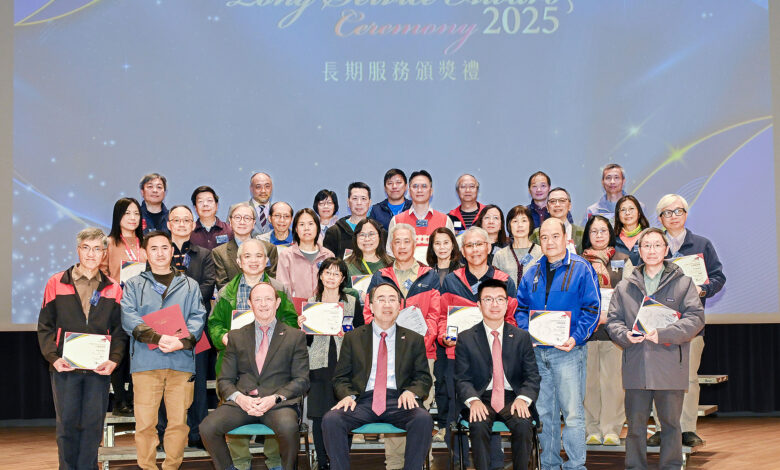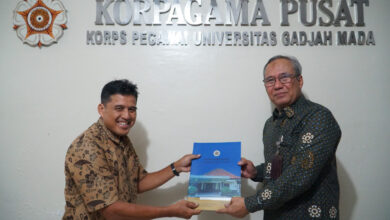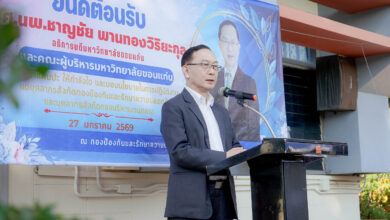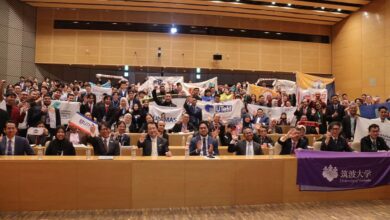CityUHK Celebrates Long Service Award Ceremony Honoring 271 Staff Members

City University of Hong Kong (CityUHK) recently hosted a Long Service Award Ceremony to honor the contributions of 271 staff members. The event took place on November 20, 2025, and recognized the commitment of these individuals to the university.
Attendance and Acknowledgments
The ceremony was attended by several university officials, including Professor Lee Chun-sing, the Provost and Deputy President; Professor Anderson Shum Ho-cheung, Vice-President for Research; and Professor Kevin Downing, Secretary to the Council.
During the event, Professor Lee acknowledged the essential role that staff members play in the institution’s achievements and noted their ongoing support for students and colleagues as a key factor in the university’s progress.
Awards for Long Service
Among the awardees, five individuals were recognized for 40 years of service, while 124 staff members received awards for 30 to 35 years of dedication. Additionally, 27 staff members were honored for 25 years of service, with others receiving recognition for commitments ranging from 10 to 20 years.
Notable Recipients
Notable award recipients included Professor Horace Ip Ho-shing, who has been affiliated with the university for 35 years and has held various significant roles, such as Head of the Department of Computer Science and Vice-President for Student Affairs. Professor Ip remarked on how his tenure at CityUHK has contributed to his academic and interpersonal growth.
Another distinguished recipient, Mr. Yu Choi-man, a Senior Sports Attendant in Student Development Services, also celebrated 35 years of service. He reflected on the valuable relationships he has built with students over the years and expressed pride in witnessing the university’s success in inter-university competitions.
Conclusion
The ceremony served to not only celebrate the long-term commitment of staff members but also to highlight the collaborative spirit that underpins CityUHK’s sustained success.
(Source: City University of Hong Kong)




